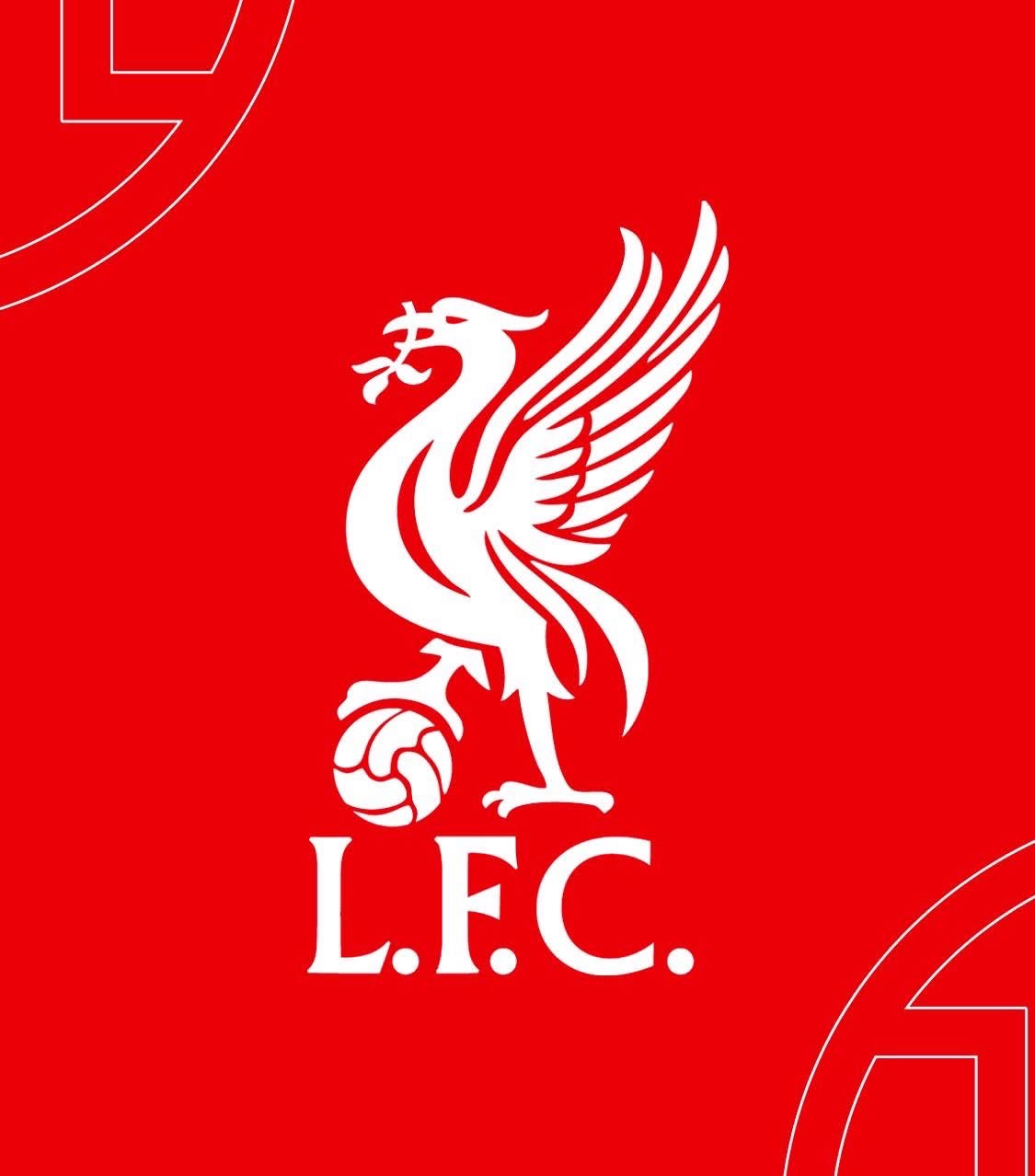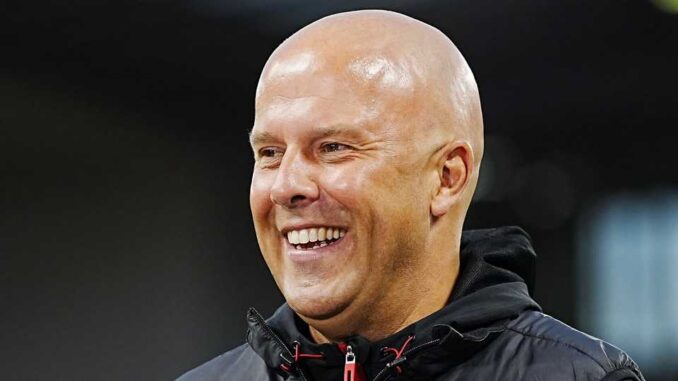Harry Kane has long been regarded as one of the most articulate, thoughtful, and focused players in modern football. He doesn’t rely on flashy words, nor does he indulge in needless drama. Instead, his post-match reflections consistently cut to the heart of what makes a team successful: mentality, hard work, and a clear sense of respect for the game.
After a crucial victory over the reigning Club World Champions, Kane once again struck the perfect tone. His comments not only reflected on the match itself but also revealed the psychological layers that underpin elite-level performances.
Respecting the Opposition
Kane began by framing the victory as “amazing” — a simple but weighty word that captured both his pride and his acknowledgment of the occasion. The striker made sure to point out just how difficult the test had been:
“It was a tough game against a really strong side. Before kick-off we reminded ourselves that they’re Club World Champions, so we knew we had to be switched on from the very start — and we were.”
This remark reveals two crucial aspects of Kane’s mindset. First, it highlights his natural humility; he refuses to underestimate an opponent, even in victory. Second, it shows his appreciation of preparation. By emphasizing that his team needed to be alert from the opening whistle, Kane credited focus and readiness as the foundations for their triumph.
Such recognition matters. In elite football, arrogance or complacency can undo even the most talented squads. Kane, a veteran of many near-misses and hard-fought battles, understands this truth better than most. His words show why his leadership extends beyond the pitch — he embodies the balance between self-belief and respect.
The Turning Point: Second-Half Control
The match, by Kane’s own admission, was grueling in the early stages. Both sides traded blows, but neither could establish complete dominance. However, the second half proved decisive. Kane explained:
“As the game wore on, we started to create the better chances, and getting that second goal was massive for us. They began to tire, the spaces opened up, and we were able to take advantage.”
Here, Kane identified the tactical and psychological dimensions that separated the two teams. His words suggest not only patience but also adaptability. Rather than chasing the game recklessly, his side absorbed pressure, waited for the right moment, and then struck when the opponents began to falter.
The idea of exploiting fatigue and space is as old as football itself, yet it requires discipline. Kane’s analysis underscores that success isn’t always about overwhelming force — sometimes, it’s about timing, composure, and awareness. His praise for the second goal reflects how such moments can change the psychology of a contest, giving one side belief while draining the other’s energy.
Kane the Leader: More Than Goals
While Kane’s role on the pitch is often defined by his ability to score, his interviews reveal another dimension: leadership. He doesn’t speak only about himself, nor does he reduce games to moments of individual brilliance. Instead, he constantly situates his performance within the collective.
By saying “we created the better chances” and “we were able to exploit that,” Kane emphasized the team effort rather than his personal contribution. This subtle shift matters. In a sport where strikers often take the spotlight, Kane insists on sharing it.
It’s also worth noting the psychological weight of his words. For younger players in the squad, hearing their captain or star forward talk in terms of “we” reinforces the sense of unity. Kane communicates that victories belong to the group, and defeats must also be shared. That, in turn, strengthens trust.
A Lesson in Mentality
Kane’s reflections tell us something broader about mentality in football. Beating a team labeled as Club World Champions requires more than just tactical preparation — it requires belief. By acknowledging the opposition’s status before the game, his team avoided complacency. By exploiting weaknesses later in the match, they demonstrated ruthlessness.
This duality — humility before the challenge, confidence in seizing the moment — is at the heart of elite sport. And Kane articulates it perfectly.
Context: Kane’s Journey
Part of what makes Kane’s comments resonate is his own career narrative. For years, he has been a figure associated with both brilliance and heartbreak. He has scored hundreds of goals, broken records, and carried England deep into international tournaments, yet trophies have often eluded him.
That history gives weight to his post-match tone. Kane knows what it means to fight and fall short. He knows the sting of wasted chances and the devastation of missed opportunities. Therefore, when he speaks about being “on it from the start” or the importance of taking advantage when spaces open up, his words carry the authority of experience.
They are not clichés; they are lessons learned through battle.
The Broader Implications
Victories like this one are not just about points or progression in a tournament. They are about psychological momentum. For Kane’s side, beating a world champion opponent sends a message — both internally and externally.
Internally, the squad will draw belief from knowing they can compete with and defeat the best. Externally, rivals will recognize the statement of intent. Kane’s remarks crystallize that sense of forward motion without straying into arrogance. His balance — celebration without exaggeration — ensures the focus remains sharp.
Kane’s Role in Shaping Culture
One of the most striking aspects of Kane’s presence is how he contributes to shaping the culture of any team he represents. Whether at club or international level, his professionalism sets the tone.
By publicly praising his teammates’ discipline and effort, he fosters a culture of accountability and recognition. By reminding everyone of the opposition’s quality, he fosters humility. And by celebrating the ability to exploit opportunities, he fosters ambition.
That threefold combination — humility, accountability, ambition — is exactly what separates good teams from great ones.
Conclusion: More Than Just Words
Harry Kane’s comments after the match might, at first glance, seem straightforward: a captain praising his team, acknowledging the opponent, and analyzing the key moments. But beneath the surface, they reveal a philosophy.
Kane understands that respect and humility guard against complacency. He understands that patience and discipline pave the way for control. And he understands that football, at its core, is a collective pursuit.
For fans, his words are a reminder that leadership is not only expressed in goals or assists. It is expressed in the way a player frames success, the way he unites a dressing room, and the way he guides a team through the ups and downs of competition.





